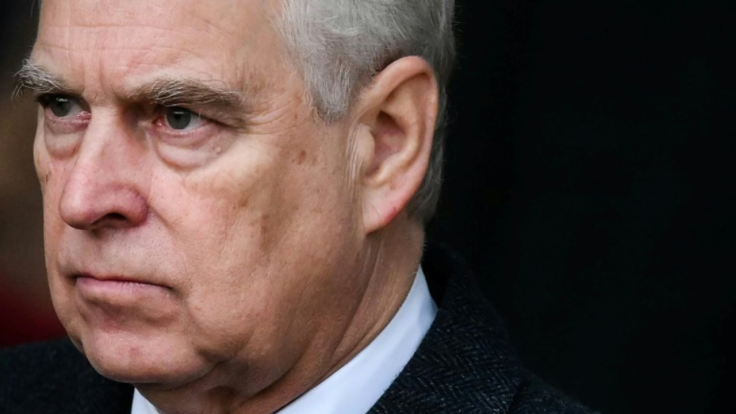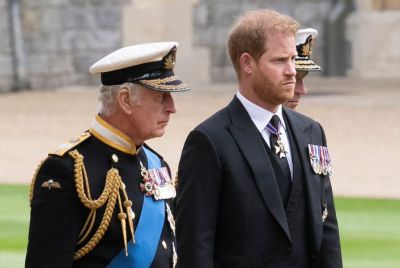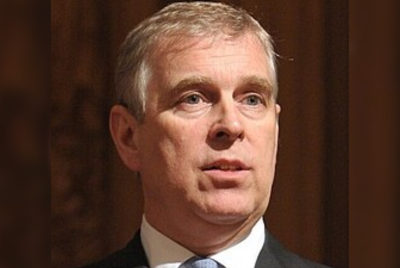'The Epstein Files Are Coming' — How Prince Andrew's Title Loss Reignited Calls For Disclosure
Palace action follows legal settlement and fresh document disclosures, fuelling renewed demands to unseal Epstein-era materials

'The Epstein files are coming' and the monarchy has just taken an unprecedented step that many say makes that prospect unavoidable.
Prince Andrew's remaining royal honours were formally targeted this month after years of scandal and a high-profile civil dispute, leaving the palace and the public confronting not only his past but the possibility of fresh disclosures from long-buried Epstein materials that survivors and campaigners have demanded be released.
The move, a formal process initiated by the King to remove Andrew's style, titles and honours, follows a string of revelations, court filings, and public fury that have reopened questions about what investigators and documents might still disclose.
If any central figure in the Epstein network had cause for alarm, it would be those whose names have long been featured in online speculation and leaked files.
How the Crown Moved
In a statement published on 17 October 2025, Prince Andrew said that in discussion with the King and his family, he would 'no longer use my title or the honours which have been conferred upon me', while continuing to deny the allegations against him.
Days later, Buckingham Palace announced that His Majesty had initiated a formal process to remove the style, titles, and honours of Prince Andrew, and had served notice for him to vacate Royal Lodge, Windsor.
The royal website's bulletin and subsequent palace communications made clear the decision was driven by concerns that continued public controversy was distracting from the sovereign's work.

The Legal Paper Trail
The most potent public record in the Andrew saga remains the US civil litigation brought by Virginia Giuffre. Court filings from the Southern District of New York show that the case against Prince Andrew was resolved in early 2022 by a stipulation of voluntary dismissal following a settlement; the parties agreed the suit was 'voluntarily dismissed, with prejudice' and that the financial terms would remain undisclosed.

Those filings of primary legal documents lodged with the court are vital: they confirm there was a legal settlement but not the precise quid pro quo, leaving unanswered questions about documents, testimony, and other evidence that were never tested in open court.
Why 'The Epstein Files' Matter Now
For months, the phrase 'the Epstein files' has been shorthand for archives of documents, witness statements, flight logs, and interview transcripts assembled by investigators and prosecutors over more than a decade.
Government officials and law-enforcement sources in the United States have acknowledged reviews of tens of thousands of Epstein-related materials; some phases of releases have occurred, but a large body of material remains the subject of redaction, litigation, and political dispute.
That is the backdrop to online chatter and to serious reporting that suggests further disclosures could be politically explosive and legally consequential. As pundits and campaigners put it, the palace's decisive action creates a new impetus for authorities and for publishers to ask whether more documents should now see daylight.
Any assessment of Andrew's public standing cannot ignore the pivotal media moment in 2019; his interview with Emily Maitlis for BBC Two's Newsnight, in which the prince sought to answer questions about his relationship with Jeffrey Epstein.
That interview remains a primary source in public debate. Researchers, critics, and legal teams continue to cite its exchanges when tracing inconsistencies between Andrew's public explanations and later documents and emails that have emerged.
Survivors who have campaigned for transparency say every withheld page is another instance where institutional power trumps victims' rights; families and advocates have argued that full disclosure would honour survivors' accounts and help prevent future abuse.
For the monarchy, the calculus is both reputational and constitutional. A sovereign must weigh family loyalty against public confidence in the Crown's moral standing.
The King's decision, rare, fraught, and final in its public symbolism, signals that preserving the institution's credibility now outweighs maintaining a private settlement or an uncomfortable family relationship.
© Copyright IBTimes 2025. All rights reserved.




















